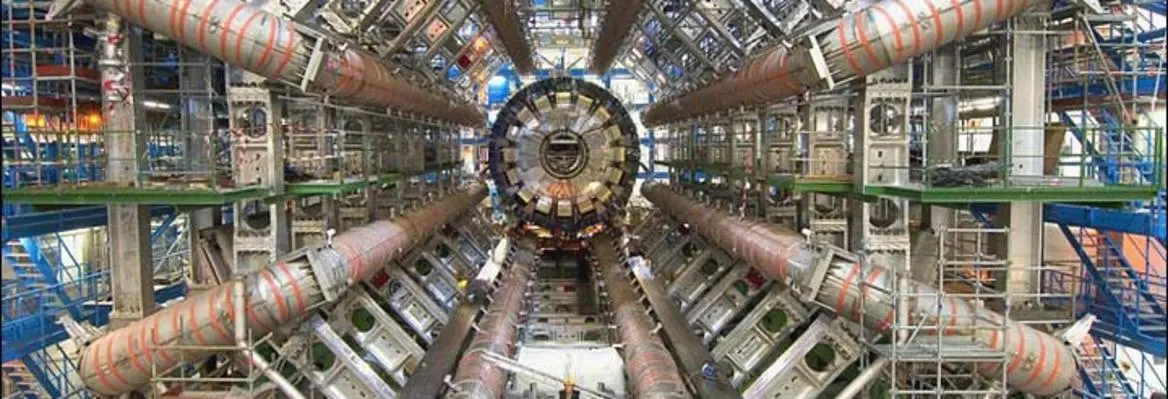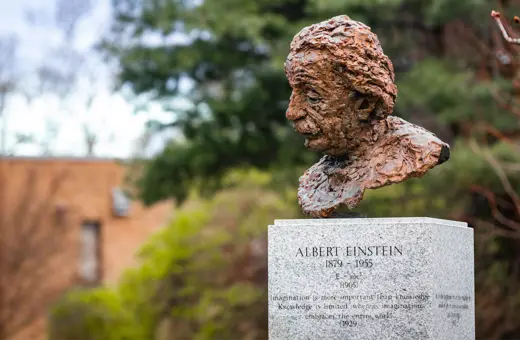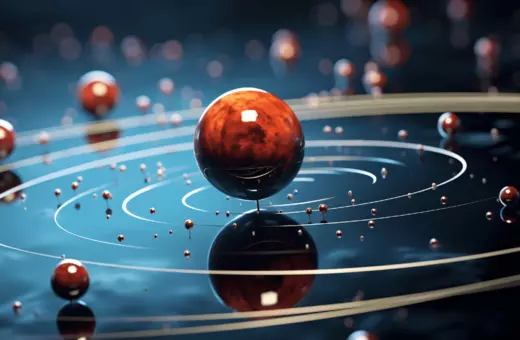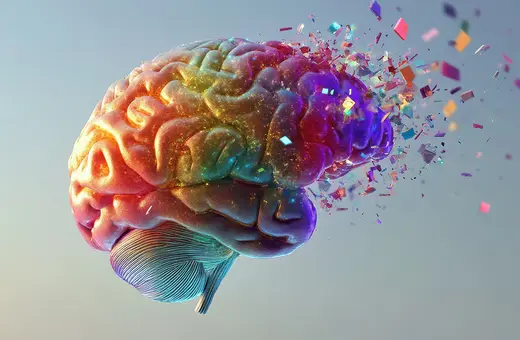Professor Emeritus of Chemistry at the University of Oxford, Peter Atkins is one of the world's foremost physical chemists, and the author of Galileo's Finger.
Here, we spoke to Atkins about the problems of religion, the future of the Human Brain Project and why the power of the scientific method has no limits.
It is clear that science is a passion for you. Was there perhaps a theory or an idea that had a particularly profound impact?
No [laughs]. I think science is such a conglomeration of ideas that you immediately become aware of its explanatory power, and through that, the deepening of enjoyment of understanding why the world is the way it is and how it functions. So, it’s appreciating the global strength of the explanations that it gives.
Your work has covered a diverse range of ideas and fields in science. Was this a decision that you made consciously?
No, not at all. But a point I often make is that chemistry is so central that it’s natural for one’s interest to spread into neighbouring regions. Chemistry is quite rightly the so-called “central science”, because it draws from physics for its principles and it finds applications in biology. The whole structure of chemistry is supported by mathematical arguments, which lies right in the heart of the world of science. Unless one is extremely focused on a research career, it’s natural that one drifts around and crosses the borders of what is commonly called chemistry.
You have said previously that science can explain everything and has no limits. Is this more than just a figure of speech?
Let me clarify slightly. By science I mean the scientific method. I see no bounds to the scientific method. That is: going out doing controlled experiments, setting them into a network of grand ideas and then leading to a broader understanding and the revision of ideas, a progression towards full understanding.
I see no reason why that approach cannot be applied throughout human experience. And I can see no valid argument against it. Arguments which are invalid are normally those to do with human sentiment and I see no reason why the scientific method cannot be applied to understanding the origin of human sentiment. Of course, in the end, it all comes down to asking the two principle questions which have to be confronted, to be validated. The first being, “can it explain the origin of everything out of nothing?”, and the second, “can it explain consciousness or the attributes of consciousness?”
People often see the origin of everything as a question that science cannot answer. How would you respond to this?
We cannot say anything reliable about it at this stage. People, including myself, began to speculate about that, but it’s no more than speculation. But for science to provide a full understanding of the nature of the universe, it will one day have to show that it can deal with that question. It is only pessimism that currently says it’s not doable. On what basis can someone assert that something cannot be done? The only basis is, in my view, is pessimism.
History has shown time and time again that science does continue to make progress.
Philosophers set up by asserting barriers that represent pessimism. Scientists bring their tools to bear and find that these walls can be dismantled.
To pick up on the second central question, how do you see the study of consciousness progressing?





















Join the conversation